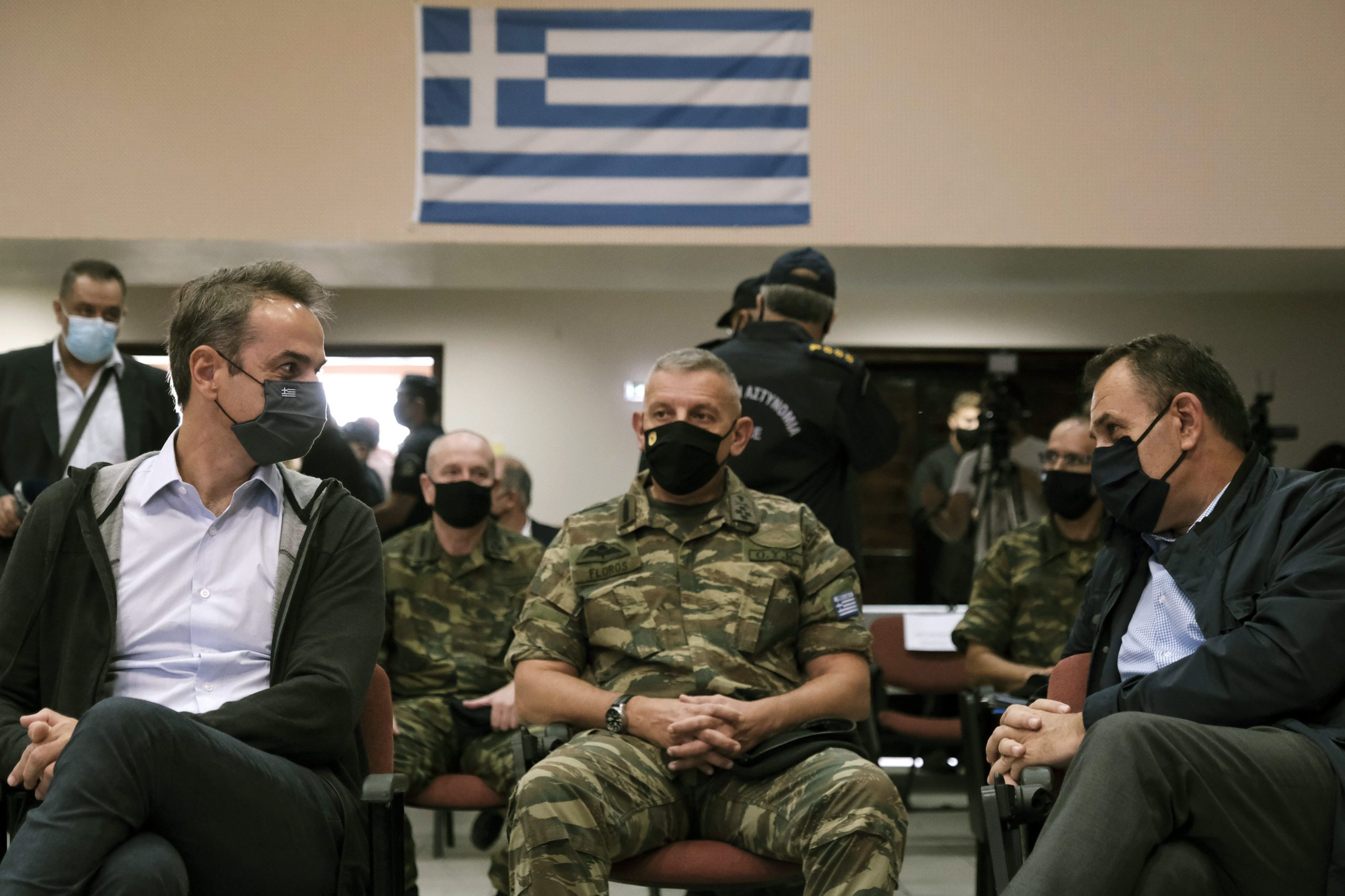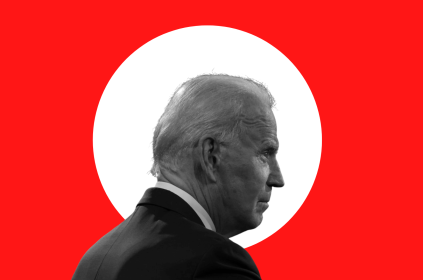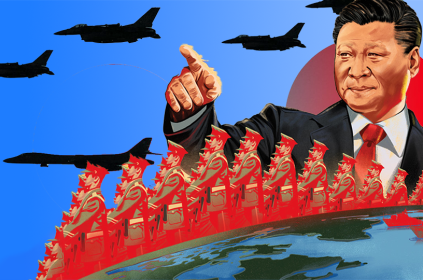THESSALONIKI, Greece — Greece’s government says it has finalized plans to build a wall along its northeast border with Turkey, over concerns that migrants may try to stage mass crossings into the European Union country.
Government spokesman Stelios Petsas said Monday that 26 kilometres (16 miles) of wall would be added to an existing 10-kilometre (six-mile) section of fence in a 63-million-euro ($74 million) project due to be completed by the end of April.
A standoff occurred at the border earlier this year after Turkey said it would no longer prevent migrants trying to reach the EU, and tens of thousands tried to cross into Greece.
The two countries are also at odds over energy rights in the eastern Mediterranean in a dispute that has triggered a dangerous military buildup in the region and fears of conflict.
Four Greek construction companies have been selected to build the new wall and upgrade the existing section of fencing, running along or close to the Evros River, which forms much of the border between the two countries.
The five-meter (15-foot) wall will be made using galvanized square steel tubes and concrete foundations, according to Greece’s public order ministry. Police officials on Monday told The Associated Press that a surveillance camera network was also planned to cover the entire 192-kilometre (120-mile) Greek-Turkish border, while police have already started trials with high-powered mobile sirens, aimed at deterring migrants as they attempt to cross
“The cameras will be a vital resource for us,” Ilias Akidis, head of the police officers’ association in the Greek border region, told the AP.
“We have been asking for them for five years and we think they will be very effective.”
The number of migrants and refugees travelling from Turkey to Greece fell sharply this year during the pandemic and after the border standoff prompted tougher border policing. Turkey has accused Greece of illegally pushing back migrants reaching its islands in the eastern Aegean Sea, a charge that Athens denies.
Turkey hosts the largest number of refugees worldwide, at nearly 4 million people, mostly from Syria, according to the U.N. Refugee Agency.
Prime Minister Kyriakos Mitsotakis visited the border region on Saturday after a test installation of a section of the new wall.
___ Follow Costas Kantouris at https://twitter.com/CostasKantouris and Derek Gatopoulos at https://twitter.com/dgatopoulos
Costas Kantouris And Derek Gatopoulos, The Associated Press
















